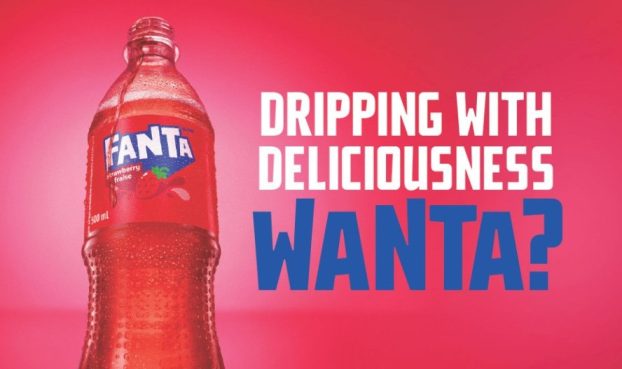In an effort to attract budget-conscious wine connoisseurs, the Liquor Control Board of Ontario (lcbo) is offering consumers the option of saving money by bottling their own wine.
The first Bottle-Your-Own (byo) site, a 6,000 square-foot facility adjacent to a full-service lcbo store off busy Highway 401 in Toronto, allows consumers to buy ready-made wines at a discount, provided they buy at least one case (12 bottles) at a time. Bottling, corking and labelling facilities are on site.
According to Chris Layton, media relations co-ordinator for the lcbo, the byo service is targeted to the regular wine drinker, someone who enjoys wine with dinner or likes to give bottles of wine as gifts at parties, weddings or other special occasions.
While that would seem to be the target audience for the province’s many U-vint stores, Layton denies that’s the case. He says U-vint stores are for wine-makers – people who are interested in the process of making wine; byo stores, he says, are for people who want to buy ready-made wine at a discount, in return for doing some of the work.
If the pilot project is successful, adds Layton, the lcbo will consider expanding the concept to other parts of the province.
Once consumers have made their selection (they can choose from red and white wines from Canada, California and Chile), they then proceed to rinse, fill, cork and label their bottles. Bottles and corks are sold at a cost of $4.95 and $2.50 a dozen respectively, but if consumers prefer, they can bring their own supplies.
According to the lcbo, bottling one’s own wine can represent a substantial cost savings.
Per bottle, byo wines sell for $4.60 to $5.40, while the lcbo’s cheapest pre-bottled wines retail for $5.95 to $6.65.
Vincor International, which markets Inniskillin wines, among other brands, is supplying the wines in bulk.
The byo concept is being promoted through in-store brochures and signage, and supported with a media relations campaign.
According to the lcbo, bottle-your-own wine facilities have enjoyed considerable success in Quebec and Nova Scotia where they have existed for the past few years.























